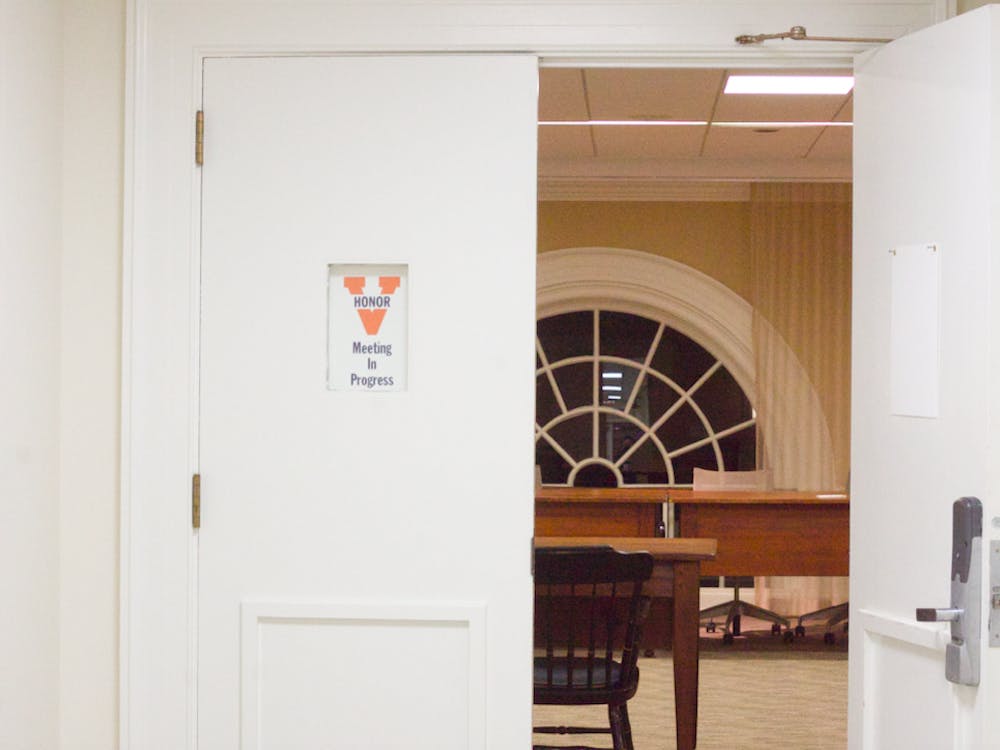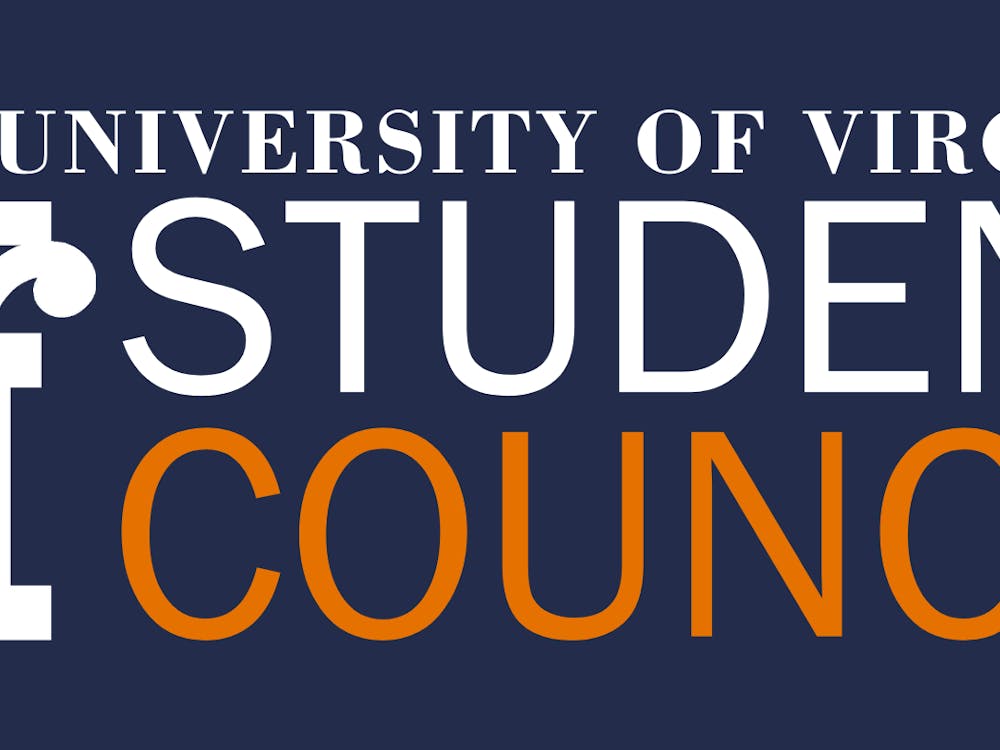THERE is nothing quite like the feeling you get when you help someone less fortunate than yourself. And there is no time quite like the present -- Oct. 23 is the ninth annual Make a Difference Day, when millions of Americans will participate in an effort to improve their local communities. Following this spirit of helping others, the University should encourage students to volunteer. Many high schools have a community service requirement for graduation. The University should have a similar requirement.
According to Ernest H. Ern, vice president for development and former vice president for student affairs, in the past, Student Council has discussed allowing students to receive academic credit for community service. No such proposal has ever reached the Board of Visitors, however. The University not only should consider this option, but should go one step further and require that students complete a certain number of service hours before graduation. Even a modest requirement of 50 hours would be a great benefit for the community, the University and the individual.
A community service requirement would add to Jefferson's vision of a complete education. Volunteer programs allow students to get out of the classroom and interact with the community -- important preparation for life that isn't gained in a lecture hall.
Volunteer activities also are great training from a career standpoint. The experience gained from certain volunteer opportunities often is highly valued by employers because it indicates a more advanced understanding of the working world. Many students already realize this opportunity -- the immense popularity of Madison House's medical services program among pre-med students shows how much hospital experience is valued when applying for medical school. And with the lack of a media studies program until recently, many students interested in journalism careers found themselves volunteering at local radio stations, like WUVA and WIRE, and writing for on-Grounds publications to gain valuable work experience.
Not only can individual students benefit from a community service requirement, but Charlottesville would profit as well. If each student did 50 hours of community service, each class would do a minimum of 150,000 hours over four years. And some students would go above and beyond that number. Most students who ride with the Charlottesville Rescue Squad commit 12 hours a week and over 100 hours a semester.
This is especially important given tension between the permanent residents of Charlottesville and students. Usually the tension results from conflicts over parking and housing, but getting involved and helping the community are great ways to heal old wounds. If we show the residents of Charlottesville that University students care about the city and its residents, then issues like parking and housing will not seem as important. If we act as if we are members of the community instead of temporary residents, we will improve relations with the people who will call Charlottesville home long after each of us leaves.
But the University also would benefit greatly from a community service requirement. Such a program would enhance the University's reputation. The number of volunteer hours and descriptions of some of the projects that this requirement would inspire could help recruit students and solicit donations. Furthermore, lots of the new projects would involve improvement of the University community itself through programs like the Escort Service and the crisis hotline.
Completing this requirement wouldn't be difficult for students because of the sheer number of volunteer opportunities on-Grounds. Madison House hosts many programs like Adopt-a-Grandparent, the Big Sibling program, Alternative Spring Break and Migrant Aid help. A complete listing is available at www.student.Virginia.EDU/~madison/programs.htm. Many fraternities and sororities also conduct community service events in which anyone can participate, such as football, softball and basketball tournaments, or pancake breakfasts and spaghetti dinners. Organizations like Habitat for Humanity, Promoting Negativity and the Monroe Society also offer plenty of other options.
This is only a short list. Numerous clubs at the University offer a chance to get involved, and numerous organizations in the community also offer a chance to volunteer.
The Board of Visitors should recognize that a community service requirement would increase the quality of education here at the University. A community service requirement would motivate students to get involved and touch the lives of people in the community. The life experiences provided by volunteering will benefit every student, and the graduates of the University will leave here more prepared for the world outside the shadow of the Rotunda and the cozy confines of the Lawn. The Board of Visitors cannot overlook anything that will provide a better education for its students.
(Matthew Crupi is a third-year College student.)





